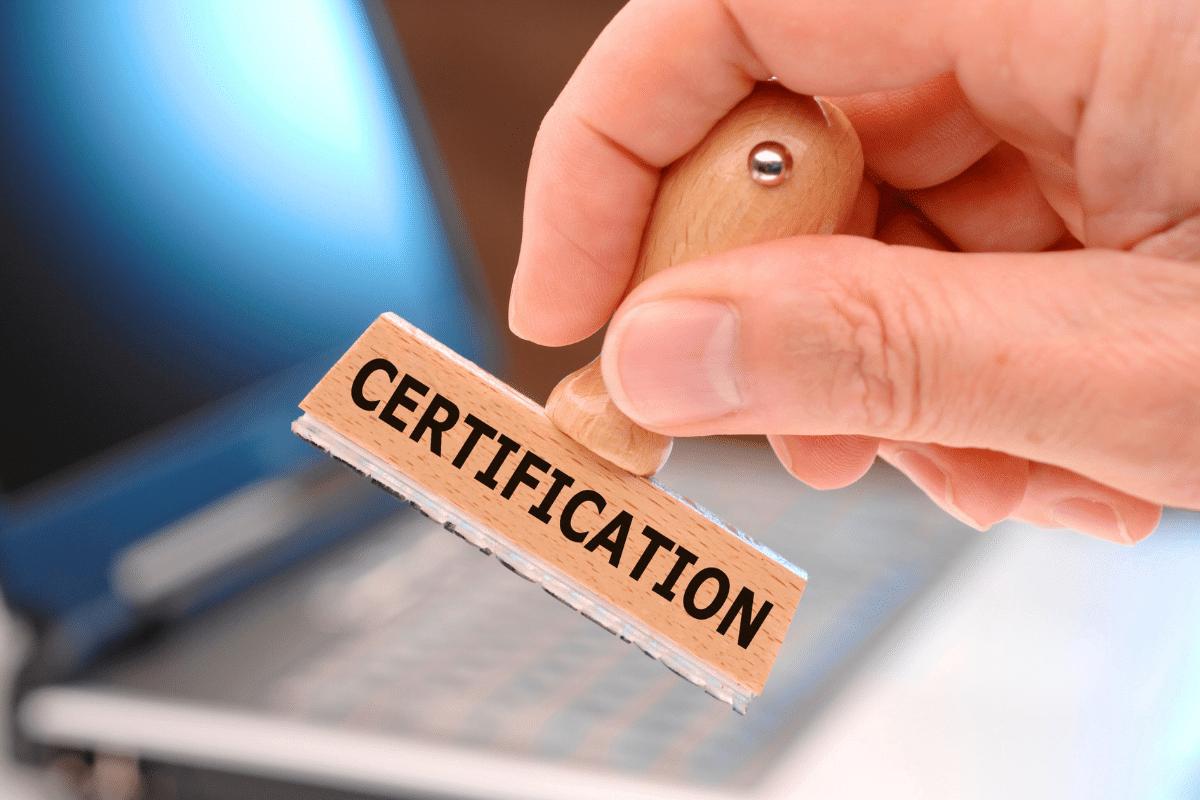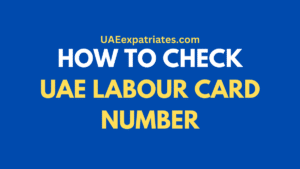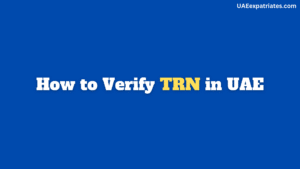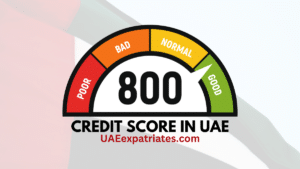Starting a career or continuing education in the United Arab Emirates (UAE) requires recognition of your academic achievements. The Equivalency Certificate serves as a key to this recognition, verifying that your foreign-acquired qualifications are on par with the UAE’s standards. This article explores the Equivalency Certificate, detailing its importance, who needs it, and a step-by-step process to apply. Whether you’re aiming for further studies or professional advancement in the UAE, understanding how to secure this certificate is your first step toward success.
What is an Equivalency Certificate in the UAE?
The Equivalency Certificate is an official endorsement by the UAE Ministry of Education that your foreign-acquired academic qualifications meet the UAE’s educational standards and benchmarks. This certification is crucial for anyone looking to pursue further studies, kickstart their professional career, or seek professional licensing in the UAE. It’s essentially the UAE’s way of saying, “Your degree is recognized and valued here.”
Read: UAE Jobseeker Visit Visa: All You Need To Know
Understanding Equivalency Certificates
Issued by the Ministry of Education (MOE) and other educational authorities in the UAE, Equivalency Certificates ensure that your foreign qualifications are equivalent to those offered in the UAE. This certification enables individuals to further their studies, gain employment, or obtain professional licensing within the country.
Step 1: Identify the Equivalency Requirement
Before diving into the application process, it’s vital to understand the specific requirements for your qualification and the intended use of the equivalency certificate. The MOE’s website is a treasure trove of information, offering detailed guidelines on the equivalency process, including eligibility criteria, required documentation, and other essential rules.
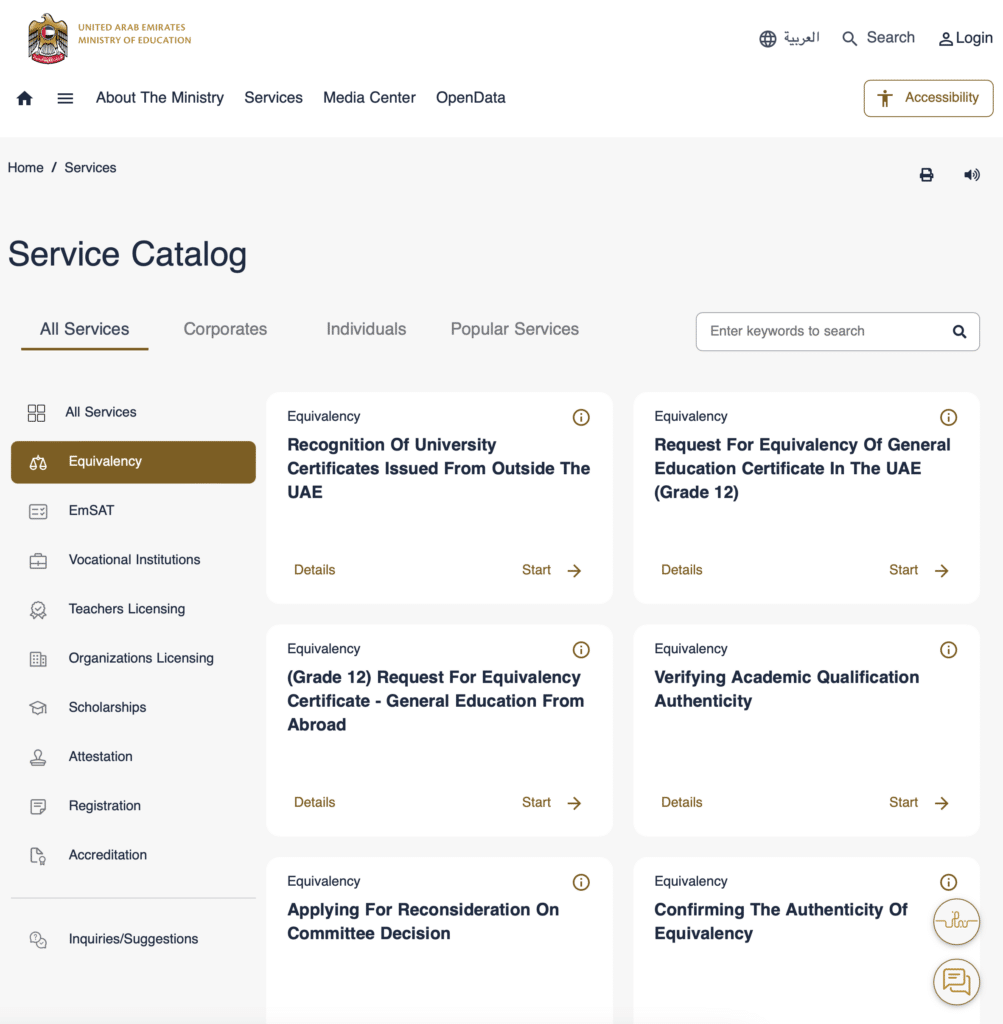
Step 2: Register and Prepare the Required Documents
The journey begins with registering on the MOE’s official website and familiarizing yourself with the criteria for obtaining an equivalency certificate. This step is crucial to ensure a smooth application process. You’ll need to gather several documents, including:
- Educational certificates (diplomas, degrees, graduation certificates)
- Academic transcripts
- Passport copy
- Attestation of educational documents by relevant authorities
Ensuring that all documents are in the correct format and properly attested is key to avoiding delays.
Step 3: Submit the Application
With your documents ready, the next step is to submit your application for an equivalency certificate. This can be done through the MOE’s official website. It’s important to fill out the application form accurately and attach all required documents to prevent any delays or rejections.
Step 4: Application Review and Verification
Upon submission, your application will undergo a rigorous review and verification process by the MOE. This involves assessing your qualifications against the UAE’s educational standards. Be prepared for this stage to take some time and respond promptly to any requests for additional information to avoid delays.
Step 5: Payment of Fees
The application process involves a fee, which varies depending on the type of certificate/document. Fees range from 50 AED to 200 AED. Payment can be made through the MOE’s website or their smart application. It’s crucial to pay the fees within the specified timeframe to ensure your application proceeds smoothly.
Recommended for You: 12 Tips to Get a Job in UAE as a Fresher
Collecting Your Equivalency Certificate
Once your application is successful, you’ll receive your Equivalency Certificate, validating your educational qualifications in the UAE. This certificate is vital for pursuing further studies, employment, or professional licensing. Keep the original certificate safe, as it will be required by educational institutions or employers.
In summary, obtaining an Equivalency Certificate in the UAE is a critical step for anyone with foreign qualifications looking to advance their education or career. By following the steps outlined above, you can navigate the process smoothly and achieve your goals in the UAE.
Certificates That Cannot Be Recognized
While obtaining an Equivalency Certificate in the UAE is a pathway to validating your academic achievements, it’s crucial to acknowledge that not all certificates can be recognized. The Department of Education sometimes encounters certificates that do not meet the specified recognition criteria, rendering them ineligible for recognition. Understanding these reasons is essential to ensure that your educational journey aligns with the UAE’s requirements.
Reasons for Non-Recognition
The criteria for non-recognition vary, depending on factors such as the field of study, the type of university, and the nature of the academic program. Here are some common reasons why a certificate might not be recognized:
- Unauthorized Institutions: The institution where the student studied within the UAE was not authorized to operate in the higher education field.
- Lack of Recognition: The institution is not recognized by the UAE Ministry of Education or accredited by relevant academic accreditation bodies in the country of study.
- Attendance Requirements: The student did not fulfill the attendance requirement in the country of study, as specified by the Ministry.
- Degree Prerequisites: The student did not obtain a Bachelor’s degree, which contradicts the core principles of the National Qualification Framework.
- Previous Degree Approval: The student’s certificate of their previous degree (e.g., Bachelor’s) was not approved.
- Non-Traditional Modes of Study: The study was conducted through non-recognized modes such as distance learning, open learning, or online learning.
- Licensure Examination: In specific cases, like students from the Philippines, the absence of a Licensure Examination (PRC certificate) result.
- Study Duration: The study period was shorter than the required period to obtain the relevant degree.
- Institution Listing: The study institution is not listed by the Ministry of Education for distance education (interactive online education).
- Authenticity of the Degree: Insufficient evidence was presented to confirm the degree’s authenticity.
- Study Program Mandate: The study program is not within the mandate of the Certificate Recognition Committee.
- Institute Discrepancy: The student studied at an institute other than the one that issued the degree.
- Accreditation: The academic program is not accredited by the Specialized/Professional Accrediting Organizations in the country of study.
- Study Hours and Credit Hours: The percentage of study hours conducted in non-traditional modes or the percentage of transferred credit hours exceeded the allowed percentage set by the Ministry of Education.
- Institution Recognition and Accreditation: The study college is not recognized by the Ministry of Education, or it was impossible to obtain evidence of the institution’s accreditation from academic bodies in the country of study.
- Violation of Recognition Conditions: The certificate violates certain certificate recognition conditions outlined by the Ministry.
Implications
For prospective students and professionals, understanding these reasons is paramount to avoid investing time and resources into academic programs that might not align with the UAE’s recognition criteria. Before enrolling in a program or pursuing a degree, ensure that the institution and the program comply with the UAE Ministry of Education’s requirements to facilitate a smoother equivalency certification process.
Also Read: UAE Unemployment Insurance: Easy Guide on Subscription and Claims
Conclusion
In conclusion, securing an Equivalency Certificate is an important step for those looking to validate their foreign academic qualifications in the UAE. By following the steps outlined in this guide, you can navigate the application process with confidence. Remember, obtaining this certificate not only recognizes your academic achievements but also unlocks the door to many opportunities in education and employment within the UAE.
